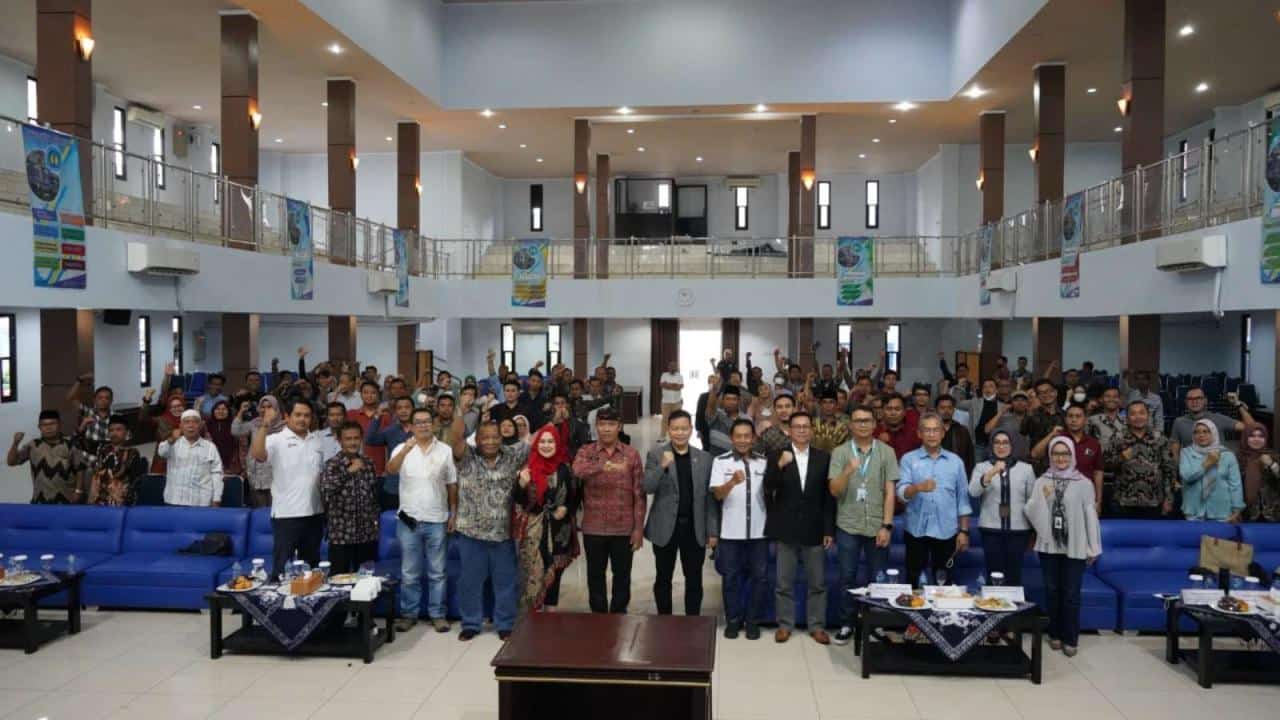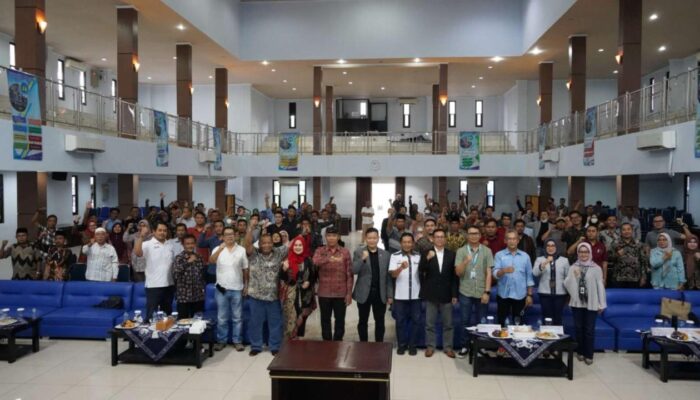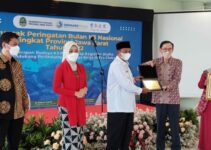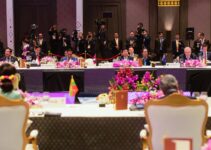Contoh Kampanye Bersih Pilkada Majalengka delves into the crucial importance of conducting clean and ethical campaigns during the Majalengka Pilkada. This guide examines the historical context of campaigning in Majalengka, highlighting both past practices and the challenges and opportunities presented by promoting a clean campaign approach.
It explores the key elements of a clean campaign, emphasizing ethical strategies, transparency, accountability, and the role of media in shaping public perception. The guide further analyzes the responsibilities of stakeholders, including candidates, political parties, election officials, and the public, in upholding the integrity of the electoral process.
Understanding the Context
Clean campaigns are crucial for the Majalengka Pilkada, ensuring a fair and transparent election process. This article will delve into the context, key elements, stakeholder roles, best practices, and the impact of clean campaigns in the Majalengka Pilkada.
Significance of Clean Campaigns
Clean campaigns are essential for maintaining the integrity and legitimacy of the Majalengka Pilkada. They foster public trust in the electoral process, reduce the risk of manipulation, and promote a healthy democratic environment. Clean campaigns also encourage participation and engagement from citizens, leading to a more informed and empowered electorate.
Maintaining neutrality during elections is crucial for a fair and democratic process. The professionalism of the TNI and Polri in maintaining neutrality during the Majalengka regional elections is a key factor in ensuring a peaceful and credible election.
Historical Context
Historically, campaign practices in Majalengka have been marked by a range of challenges, including money politics, vote-buying, and the use of divisive rhetoric. These practices have often undermined the principles of fair play and democratic participation. However, there have also been instances of positive campaign initiatives, demonstrating the potential for clean and ethical campaigns in the region.
Challenges and Opportunities
Promoting clean campaigns in Majalengka presents both challenges and opportunities. Challenges include the influence of money and vested interests, the lack of awareness about ethical campaign practices, and the potential for misinformation and disinformation. However, opportunities exist to leverage technology and social media for greater transparency, to educate voters about their rights and responsibilities, and to empower civil society organizations to monitor campaign activities.
Key Elements of a Clean Campaign: Contoh Kampanye Bersih Pilkada Majalengka
A clean campaign is characterized by ethical strategies, transparency, and accountability. These elements ensure a level playing field for all candidates and promote a fair and democratic election process.
Ethical Campaign Strategies
- Focusing on policy issues and presenting clear visions for the future of Majalengka.
- Engaging in respectful and constructive dialogue with opponents and the public.
- Avoiding personal attacks, negative campaigning, and spreading false or misleading information.
- Promoting inclusivity and representing the diverse voices of the community.
Transparency and Accountability
Transparency and accountability are crucial for building trust in the electoral process. This includes:
- Disclosing campaign finances and sources of funding.
- Providing regular updates on campaign activities and positions on key issues.
- Being responsive to public inquiries and concerns.
- Holding themselves accountable for their actions and statements.
Role of Media and Social Media
Media and social media play a significant role in promoting clean campaigns. They can:
- Provide a platform for candidates to share their platforms and engage with voters.
- Facilitate public discourse and debate on key issues.
- Hold candidates accountable for their actions and statements.
- Promote fact-checking and combat the spread of misinformation.
Role of Stakeholders
Clean campaigns require the active participation and commitment of all stakeholders, including candidates, political parties, election officials, and the public.
Responsibilities of Candidates and Political Parties
Candidates and political parties have a primary responsibility to ensure clean campaigns. This includes:
- Adhering to ethical campaign principles and avoiding unethical practices.
- Promoting transparency and accountability in their campaigns.
- Respecting the rights and opinions of all voters.
- Working collaboratively with election officials to ensure a fair and transparent process.
Role of Election Officials and Regulatory Bodies, Contoh Kampanye Bersih Pilkada Majalengka

Election officials and regulatory bodies play a crucial role in overseeing campaign practices and ensuring a fair and impartial election. This includes:
- Enforcing campaign finance regulations and monitoring campaign spending.
- Investigating complaints of electoral fraud and misconduct.
- Providing guidance and training to candidates and political parties on ethical campaign practices.
- Ensuring the integrity and transparency of the voting process.
Civic Engagement and Public Awareness
Public awareness and civic engagement are essential for promoting clean campaigns. Citizens can:
- Educate themselves about ethical campaign practices and their rights as voters.
- Hold candidates and political parties accountable for their actions.
- Participate in voter education initiatives and promote civic engagement.
- Report any instances of electoral fraud or misconduct to the appropriate authorities.
Best Practices and Strategies
Implementing a clean campaign strategy requires a comprehensive approach that involves ethical practices, transparency, and stakeholder engagement.
Framework for Clean Campaign Strategy
A framework for implementing a clean campaign strategy should include the following key elements:
- Developing a clear code of conduct for campaign activities.
- Establishing a transparent campaign finance system.
- Promoting voter education and civic engagement.
- Utilizing technology and social media for greater transparency and accountability.
- Encouraging collaboration and dialogue among stakeholders.
Resources and Tools
A range of resources and tools can be used to promote ethical campaigning, including:
- Campaign finance disclosure databases.
- Fact-checking websites and platforms.
- Voter education materials and resources.
- Training programs on ethical campaign practices.
Successful Clean Campaign Initiatives
Examples of successful clean campaign initiatives from other regions can provide valuable insights and inspiration. These initiatives often involve:
- Strong partnerships between civil society organizations, media outlets, and election officials.
- Effective voter education programs and campaigns.
- Innovative use of technology to promote transparency and accountability.
Impact and Outcomes
Clean campaigns have a significant impact on the electoral process, promoting fair play, public trust, and a healthy democratic environment.
Positive Impacts on the Electoral Process
Clean campaigns can:
- Reduce the influence of money and special interests in elections.
- Promote a more level playing field for all candidates.
- Enhance the quality of political discourse and debate.
- Increase voter turnout and engagement.
Long-Term Benefits
Promoting ethical campaign practices has long-term benefits for the democratic system, including:
- Strengthening public trust in the electoral process.
- Encouraging greater civic engagement and participation.
- Promoting a more responsible and accountable political system.
Enhancing Public Trust
Clean campaigns are essential for enhancing public trust in the democratic system. When citizens believe that elections are fair and transparent, they are more likely to participate in the political process and to respect the outcome of elections.
Conclusive Thoughts
By understanding the principles and best practices Artikeld in this guide, stakeholders can work together to create a more transparent, accountable, and ethical electoral landscape in Majalengka. This will not only strengthen the democratic process but also foster public trust and confidence in the integrity of elections.
Frequently Asked Questions
What are the potential benefits of clean campaigns?
Clean campaigns promote public trust in the electoral process, enhance the legitimacy of elected officials, and encourage greater civic engagement. They also help to reduce corruption and ensure that elections reflect the will of the people.
How can I contribute to promoting clean campaigns?
You can contribute by staying informed about the candidates and their platforms, engaging in respectful discussions about the issues, and reporting any instances of unethical campaign practices to the appropriate authorities.
What are some examples of unethical campaign practices?
Unethical practices include spreading false information, using intimidation tactics, bribing voters, and engaging in vote-buying.
The upcoming 2024 Majalengka elections are shaping up to be a closely contested race. The political landscape in Majalengka is complex, with various political parties vying for influence and support.









